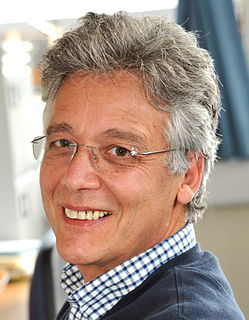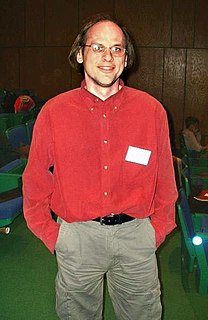A Quote by Irving Kirsch
The one thing we do know is that the chemical imbalance theory - the theory that people get depressed when they don't have enough serotonin in their brain - we know that that's wrong.
Related Quotes
The Failure of Will theory is equally popular with people who are not depressed. Get out and take your mind off yourself, they say. You're too self-absorbed. This is just about the stupidest thing you can say to a depressed person, and it is said every day to depressed people all over this country. And if it isn't that, it's Shut up and take your Prozac.
Depression is not caused by a chemical imbalance in the brain, and it is not cured by medication. Depression may not even be an illness at all. Often, it can be a normal reaction to abnormal situations. Poverty, unemployment, and the loss of loved ones can make people depressed, and these social and situational causes of depression cannot be changed by drugs.
If the theory accurately predicts what they [scientists] see, it confirms that it's a good theory. If they see something that the theory didn't lead them to believe, that's what Thomas Kuhn calls an anomaly. The anomaly requires a revised theory - and you just keep going through the cycle, making a better theory.


































